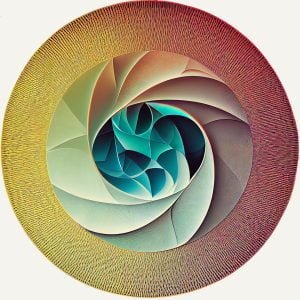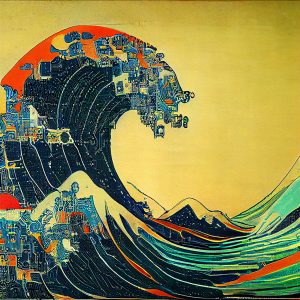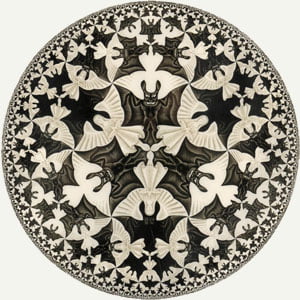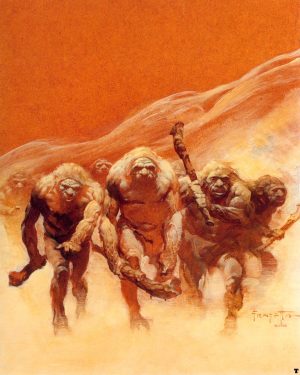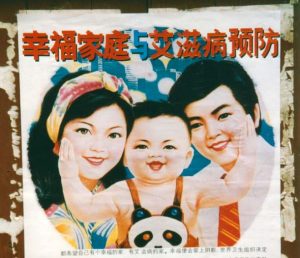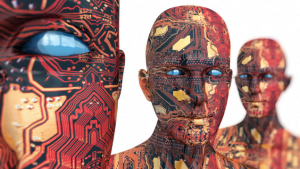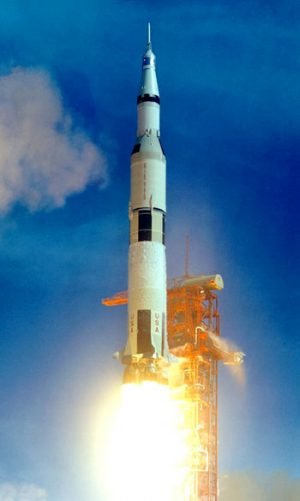a limit on human creativity?
With our creativity, we explore a space of art and culture, of science and technology, that expands outwards in all directions. By perceiving reality more clearly, we develop more sophisticated skills and tools that, in turn, deepen our perception of reality. It seems natural to believe that this virtuous circle is accelerating us towards an infinite horizon. But is this true and, if so, in what way?
giving up our first prize
Eating meat adjusts how we think about other animals, could that in turn carry over to how we treat each other? Meat eating is playing a part in the various ecological crises that we are intensifying. We became major predators when we first brought down a large animal and devoured it. A prey species, we have become the greatest predators of all. Is it time that we should give up being predators altogether?
China’s One Child Policy
Much of the reaction to the recent change in China’s ‘one child policy’ seemed to focus on human rights: specifically the right of a woman to have as many children as she wants. A woman’s control of her own fertility has been dearly bought – for most of history women’s bodies have been controlled by men. In many places today they still are. Nevertheless, it seems to me that this issue has another side that needs …
the intelligence trap
Many believe that human intelligence has escaped the gravity well of ‘animal stupidity’, and that now we roam an unlimited space of thought where everything must eventually come within our understanding. Beneath this belief lies another: that humans are set apart from other animals – an idea that may be an expression of species neuroticism, and that finds its clearest expression in many religions. This special pleading has been eroded by the discoveries of science, …
the once in a 100 million year experiment
As we consume fossil fuels, we humans are carrying out a once in a 100 million year experiment. The coal, oil and gas we have burned so profligately in the past 200 years or so are a legacy of ancient sun energy laid down in the Earth’s crust by organisms at least 100 million years ago (300 million in the case of coal). We began exploiting these reserves where they were easy to reach; at …
